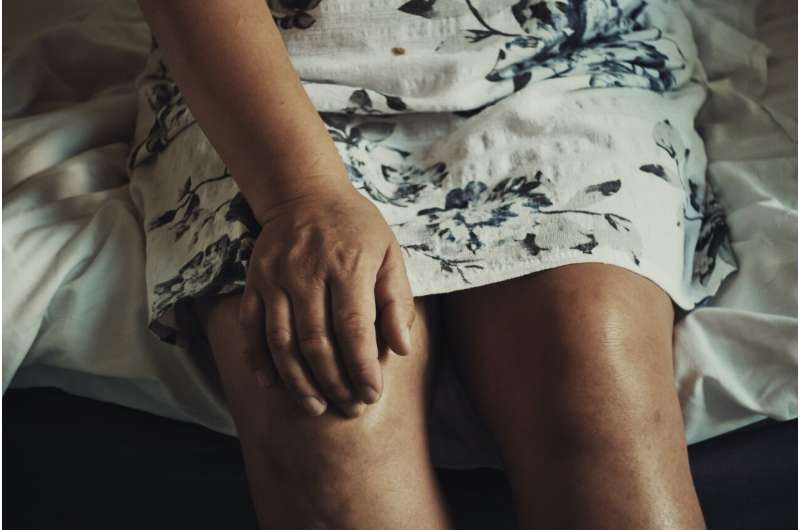Credit: Unsplash/CC0 Public Domain
A new study has shown that hospitals in low-income communities were less likely to participate in bundled payment programs for joint replacement surgery. Hospitals with more low socioeconomic status individuals were less likely to participate in voluntary—and to an even greater extent, mandatory—bundled payment programs, according to the study published in the peer-reviewed journal Population Health Management.
Joshua Liao, MD, from the University of Washington School of Medicine, and co-authors used Medicare claims and data from the Bundled Payments for Care Improvement initiative and Comprehensive Care for Joint Replacement model to examine whether hospitals' bundled payment participation is related to the proportion of historically marginalized individuals in the communities they serve. The authors discuss the policy implications of their findings.
"These findings raise concerns about generalizability of overall program results and potential disparities and suggest that policymakers should consider communities' social factors and participation type in the design of future bundled payment programs," conclude the investigators.
"Bundle payments work to reduce waste and improve outcomes. However, if ethnic disparities persist in deploying bundle payments, everyone loses. Research like this is important to uncover these shortcomings and provide an incentive to change," says David Nash, MD, MBA, Editor-in-Chief of Population Health Management and Founding Dean Emeritus and Dr. Raymond C. and Doris N. Grandon Professor, Jefferson College of Population Health, Philadelphia, PA.
More information: Joshua M. Liao et al, The Proportion of Marginalized Individuals in US Communities and Hospital Participation in Bundled Payments, Population Health Management (2022). DOI: 10.1089/pop.2021.0334
Provided by Mary Ann Liebert, Inc






















